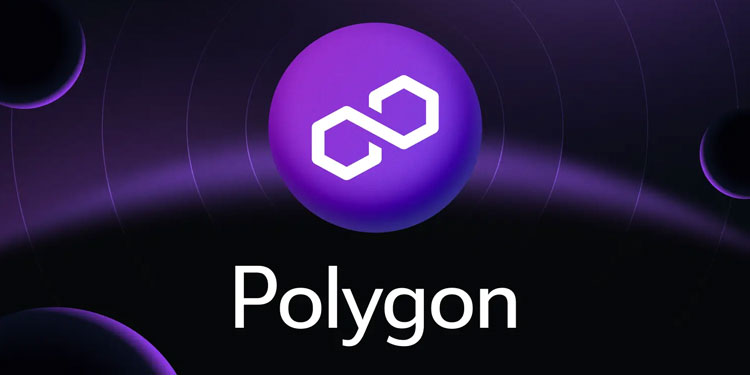
STARK is an example of a technique for algorithmically concealing, proving, or verifying sensitive data. Polygon has spent over $1 billion in the research and development of zero-knowledge computing technologies. Due to the requirement for proof of identity in complicated decentralized finance (DeFi) goods like as car insurance and decentralized health products, one application of zk-STARK is found in these industries.
It is possible to alter confidential material about cryptoassets such as driver’s licences or passport copies and lower their size so that they can be reviewed quickly by blockchain users using zk-STARK and similar designs. It guarantees that nodes may validate the validity of such papers without having to come into touch with the user’s real personal data – so reducing privacy worries and increasing confidence in DeFi’s goods and services.
However, it may also be used to streamline cryptographic proof in consensus methods, as well as to increase the computational power available to users. To explain the development, Polygon co-founder Sandeep Nailwal said that “ZK is the way ahead for Ethereum,” and that the Miden Virtual Machine is “one of the most crucial aspects of Polygon’s vision for Ethereum’s scalability.”
“It will make authentication for DeFi and cryptocurrency apps easier and faster, as well as increasing the speed and breadth of the polygon environment,” says the company.
1/7 💫 We are proud to reveal the newest member of the Polygon family – Polygon Miden, an upcoming STARK-based, EVM-compatible Rollup!
The project is led by @bobbinth, former Facebook’s lead ZK researcher who led the development of Winterfell.
A 🧵 on why this is exciting… pic.twitter.com/5RqAJgnZlP
— Polygon | $MATIC – We’re hiring! (@0xPolygon) November 16, 2021
